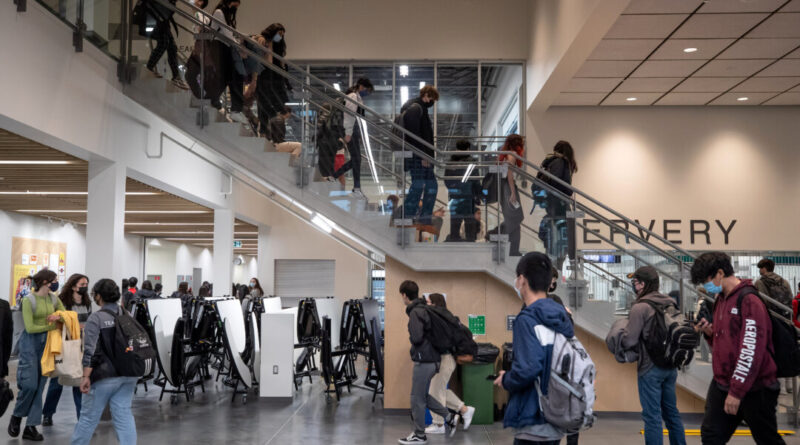Commentary
Trustees of the Vancouver School Board (VSB) are set to rectify a misstep from 2022. This summer, the VSB will
cease being a “living wage” employer.
As a result, the VSB will stop supplementing the wages of contract workers, including bus drivers, to align with standards established by the activist group
Living Wage BC. Consequently, bus driver earnings will
drop from roughly $28 per hour to $23.40. Other contracted workers, such as attendants, cafeteria staff, and casual laborers, will experience similar reductions in hourly wages.
At first glance, this action appears unfeeling. However, in this scenario, VSB trustees made a sound decision. The label of “living wage” is more a political maneuver than a practical standard, pushing employers to pay wages above market rates.
In actuality, the VSB’s “living wage” subsidy (or
supplement) was distributed to a few contracting agencies, which then passed on the funds to their employees working for the VSB. This led to a confusing situation where bus drivers from the same company earned varying wages depending on their assignments. Those assigned to drive for the VSB received higher pay than those driving other routes. This discrepancy arises because many private firms cannot sustain above-market wages without jeopardizing their competitiveness.
When organizations like Living Wage BC pressure government entities like the VSB to offer inflated wages to contractors, the associated costs rise. This increased expenditure can either come from higher taxes on taxpayers or reduced funding for classroom resources. In essence, it’s the students and their families who end up bearing the costs of a “living wage.”
What’s the takeaway from this?
Like any other organization, a school board must prioritize its goals because it cannot accomplish everything. Every decision carries an “opportunity cost.” When school boards indulge in political theatrics and superficial actions, they divert time and resources away from enhancing classroom strategies. With
declining academic performance in British Columbia over the last two decades, there is an urgent need to refocus on core academic skills.
Additionally, if a school board finds itself paying excessively for basic services (like facilities upkeep, student transport, cafeteria operations, etc.) without raising taxes, it will inevitably need to cut back in other areas. This can lead to larger class sizes, fewer educational materials, and diminished support for educational excursions.
Undoubtedly, activist organizations like Living Wage BC have good intentions when advocating for higher wages. Unfortunately, this often compels organizations initially committed to maintaining “living wage” standards to retract that promise when financial realities set in. This seems to be the situation with the VSB. Confronted with
increased costs and a
rising student population, the VSB trustees had little option but to retract their “living wage” commitment.
Clearly, it would have been more prudent for the VSB to never have adopted the “living wage” employer status in the first place. Trustees should have recognized that paying inflated rates to contractors was unwise. Nevertheless, it’s commendable that they now acknowledge their error and are moving to correct it.
Since school boards have limited resources, their primary focus should be on delivering a quality education to students. Trustees ought to abandon costly political gestures and return to the fundamental academic principles.
Michael Zwaagstra is a public high school teacher and a senior fellow with the Fraser Institute.
The views expressed in this article are those of the author and do not necessarily reflect the opinions of The Epoch Times.





